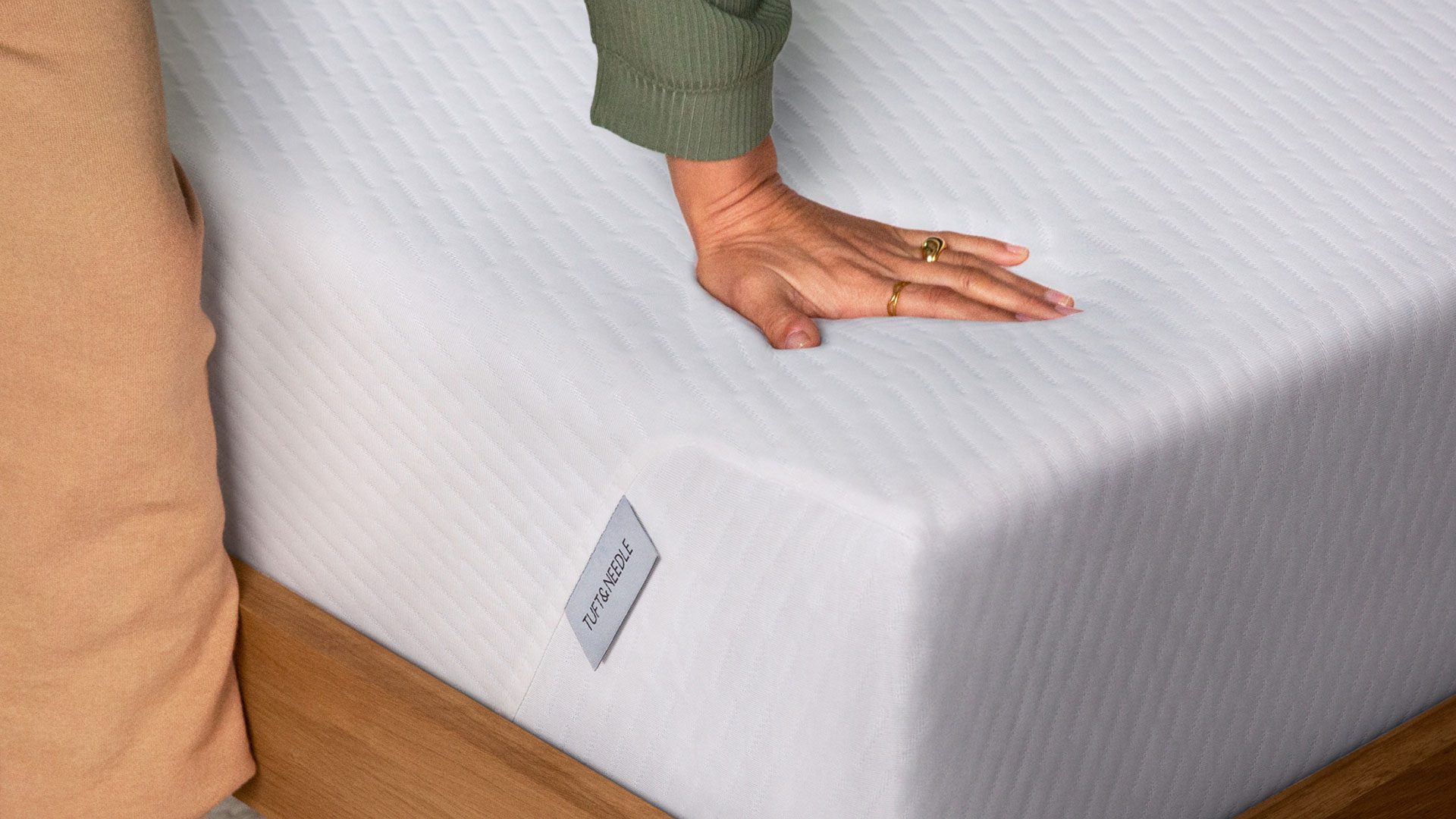When it comes to a good night’s sleep, the right mattress can make all the difference. Among the myriad options available in the market, memory foam mattresses have gained immense popularity for their ability to provide personalized comfort and support. However, not all memory foam mattresses are created equal. To ensure you make the best American memory foam mattress for your sleep needs, it’s crucial to consider a few key characteristics before making a purchase.
Density Matters
One of the most important factors to evaluate in a memory foam mattress is its density. Density is measured in pounds per cubic foot (PCF) and it directly affects the mattress’s durability and support. High-density memory foam (5 PCF and above) is typically more durable and provides better support, making it an excellent option for individuals with back pain or those who need extra support. On the other hand, low-density memory foam (3 PCF and below) may be softer but can wear out more quickly and may not offer adequate support in the long run.
Thickness for Comfort
The thickness of the memory foam layer in a mattress can greatly impact its comfort and support level. While memory foam mattresses usually come in various thicknesses, a common range is between 8 to 14 inches. Thicker mattresses tend to offer better support, especially for heavier individuals, as they allow for deeper sinkage into the foam.
Temperature Sensitivity and Heat Regulation
Traditional memory foam has been criticized for retaining heat and causing sleepers to feel uncomfortably warm during the night. To combat this issue, many modern memory foam mattresses are infused with cooling technologies. Look for mattresses with features such as gel-infused memory foam or open-cell construction, which promote better airflow and dissipate heat more effectively.
Motion Isolation
One of the standout features of memory foam mattresses is their exceptional motion isolation capabilities. This means that when your partner moves or gets in and out of bed, you’re less likely to feel the movement on your side. If you share your bed with a restless sleeper or a partner who has a different sleep schedule, a memory foam mattress can contribute to a more undisturbed and peaceful sleep.
Certifications and Materials
When selecting a memory foam mattress, it’s important to consider the materials used and any certifications associated with them. Certifications such as CertiPUR-US® indicate that the foam is free from harmful chemicals and emissions. Additionally, some memory foam mattresses are made with plant-based or eco-friendly materials, which can be a compelling choice for environmentally-conscious consumers.
Trial Period and Warranty
A reputable memory foam mattress should come with a trial period and a warranty. A trial period allows you to test the mattress in the comfort of your own home and determine if it suits your sleep needs. Meanwhile, a warranty provides you with peace of mind, ensuring that you’re protected against defects and premature wear. Be sure to carefully review the terms and conditions of both the trial period and warranty before making your purchase.
Conclusion
Choosing the right memory foam mattress involves considering a range of essential characteristics that directly impact your sleep quality and comfort. From density and thickness to heat regulation and certifications, each factor plays a crucial role in determining the suitability of the mattress for your unique preferences and needs.






